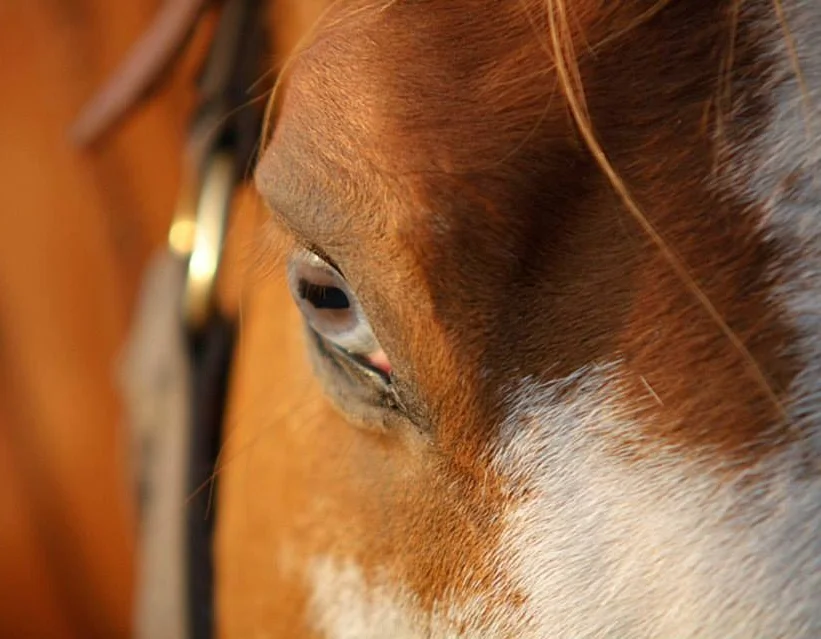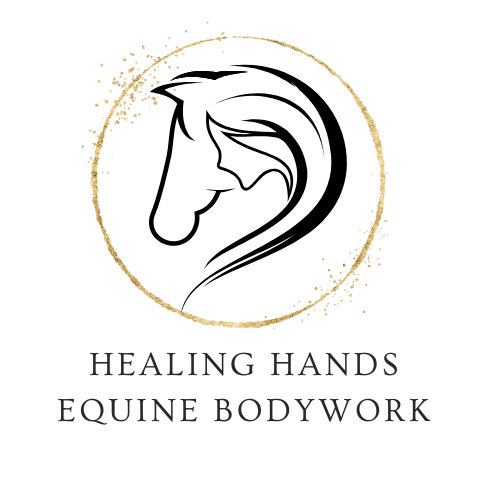
Setting Intentions - Staying Focused
As I sit here on my beautiful deck with a lush garden behind me, watching a young Robin fledgling hopping through the flower beds and his Mom bringing him food, I realize how blessed I am. My mock orange is in bloom and the sweet scent is all around me. I have a nice shady spot to write and a cup of good hot coffee, courtesy of my family in Germany. The breeze is just right and when I am finished writing this, I will head out to an organic farmers market to shop for our weekly veggies, supporting not only a local business owner but also the environment. It’s a beautiful summer day. I was once asked how I choose my topics. I don’t have a formula for it. I typically write about something I want to share, something I contemplate, something I learned. But most importantly: I set an intention to write and ask for inspiration.
As I sat contemplating the topic today, my mind couldn’t focus. So I decided to pull a card from one of my decks. And I pulled the Cheetah – with the message: Set your intention and stay focused to achieve your goals!
Losing our cat Gerry recently, I have to admit I spent the last several weeks in a funk. My motivation lagged, my focus gone, the only saving grace was my work with horses. It grounded me, helped me center myself again. And I realized, the one difference between those times and the rest of my life was – I set an intention.
Gerry’s passing made me realize how much I had relied on meeting his needs to center and ground my home life. When he ate, when he wanted the windows open, when he needed snuggle time. Because my INTENTION to make his life the best I could was the driving force behind it all. It guided all my actions and way of being. It anchored me into the here and now because that’s where he lived. He didn’t think about missed opportunities or an unkind comment he heard the day before. He didn’t contemplate what food he would eat tomorrow or if the sun would finally come out. He simply looked for what he needed right then and there in that moment. Living life fully every moment.
Setting an intention is how I start every session – with every horse, with every client. The over-arching principle is always my question to the horse: How can I help you today? What do I need to know? Where do you want me to work? My intention is always: I am here to assist you. Tell me what you need.
I sometimes say it out loud, I may whisper it into an ear, I may just be a silent request – but the horse always answers. Sometimes unsure, sometimes loud and clear, sometimes I will even get the “I don’t need help, I am fine”. But I always get an answer and it always informs my approach to that horse during that session on that day. And the intention is what brings focus to the work, the techniques I use, how much pressure, where to put my hands, for how long. No session is ever the same. I don’t have a routine. Even when I work on a horse regularly, the one constant is my question to the horse and my intention to help.
But when we bring an intention like “what do I need to know today?” to our every interaction with them, we can start peeling back to layers of difference in communication between our two. We can see past “bad behavior”, a “sour attitude” or “he just doesn’t want to work”. We can start seeing it as their way of giving us feedback and we can then tailor a response to their very immediate needs. Setting an intention can help us keep our focus since our lives are full of distraction. It can help quieten our mind so we can listen with our whole being, not just what we hear or see. We can develop our sixth sense so to speak because we become open to a much more subtle level of communication and interaction.
And this in turn allows the horse to trust us on a much deeper level and can build a strong foundation of a beautiful partnership and having a conversation that matters.
Creating good habits
I recently came across this sentence - YOU ARE YOUR HABITS.
And there is a lot of truth in those 4 simple words. But what really is the definition of "HABIT"?
I went to Merriam Webster, and here is their take:
Full Definition of habit
archaic : clothing
a : a costume characteristic of a calling, rank, or function b : a costume worn for horseback riding
: manner of conducting oneself - bearing ourselves in a certain way
: bodily appearance or makeup, e.g. a man of fleshy habit
: the prevailing disposition or character of a person's thoughts and feelings - mental makeup
: a settled tendency or usual manner of behavior <her habit of taking a morning walk>
a : a behavior pattern acquired by frequent repetition or physiologic exposure that shows itself in regularity or increased facility of performance b : an acquired mode of behavior that has become nearly or completely involuntary
: characteristic mode of growth or occurrence
And the recorded first use of this term is 1594 - I know I know, I am getting a bit carried away now!
But here is the really important part - AN ACQUIRED MODE OF BEHAVIOR THAT HAS BECOME NEARLY OR COMPLETELY INVOLUNTARY.
So if a habit is something that is nearly involuntary - how do you create good ones? And how do you become aware of the ones you already have?
If we truly want to be successful in creating a good habit, it must be doable. And more importantly, we need to understand the underlying cause of why we currently don't have it and WHY WE WANT TO CREATE IT!
Habits have a very important function - they allow us to move through life without having to decide on every single action we take. They are based on three things:
- Reminder - the trigger for the behavior
- Routine - the action you take
- Reward - the benefit you gain
Most of us focus on the reward. Be it being more fit, riding better, having a well-behaved horse, getting better scores. But are we really conscious of the reminder? The trigger of our OWN behavior? Or our horse's behavior? And are we aware of the seemingly unconscious actions we take?
A good habit develops when we become aware of the trigger and the action and have tuned in to the reward we really want. A bad habit develops when we focus only on the short-term reward - the instant reward.
You create a new habit by attaching it to something you already do.
This is one of the reasons I teach my clients basic bodywork techniques specific to their situation. I very often link them to the grooming routine. You already pick your horse's feet and brush him regularly. So adding one or two things that don't take long builds on your already established routine. Those little things allow you to tune into your horse on a very subtle level - creating a habit of increased awareness to what's going on in your horse's body.
Wouldn't it be helpful if your horse was more relaxed right from the get-go? Wouldn't it be great if you knew he was bothered in his girth area and you'd be able to do something about it before cinching up? Wouldn't it be awesome if you could loosen up his pelvis or relax his poll area before getting on?
Wouldn't you gain a much better performance and better connection, a more trusting relationship?
We typically want to make huge changes, experience massive transformation - for ourselves and our horses. I have found though it's the little things, done every day, consistently, that allow us to see those benefits over time. It allows us to have a conversation, not a shouting match, it allows us to grow into it, instead of feeling like we are failing again when we can't keep up with well-intentioned herculean efforts. It allows us to establish a new behavior without having to think about it every time. It doesn't ask us to re-decide every day.
IT ALLOWS US TO SUCCEED!
I would love to hear what new habits you are willing to incorporate!




